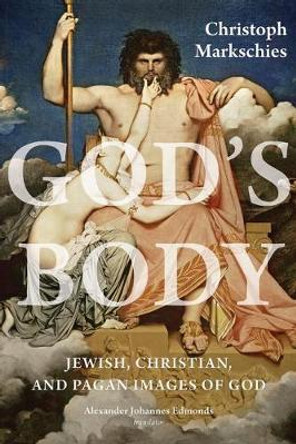This book presents a linear history of Jewish martyrdom, from the Hellenistic period to the high Middle Ages. Following the chronology of sources, the study challenges the general consensus that martyrdom was an original Hellenistic Jewish idea. Instead, Jews like Philo and Josephus internalised the idealised Roman concept of voluntary death and presented it as an old Jewish practice. The centrality of self-sacrifice in Christianity further stimulated the development of rabbinic martyrology and the talmudic guidelines for passive martyrdom. However, when forced to choose between death and conversion in medieval Christendom, European Jews went beyond these guidelines, sacrificing themselves and loved ones. Through death not only did they attempt to prove their religiosity, but also to disprove the religious legitimacy of their Christian persecutors. While martyrs and martyrologies intended to show how Judaism differed from Christianity, they, in fact, reveal a common mindset.
An examination of Jewish martyrdom in the context of Christianity revealing their martyrological interaction.About the AuthorShmuel Shepkaru is an Assistant Professor of Jewish Studies at Oklahoma University.
ReviewsReview of the hardback: '... it is a solid book: the author has read and digested a great deal of literature, and has clearly reflected long and hard on the subject ... thought-provoking ...' Journal of Ecclesiastical History
Book InformationISBN 9780521842815
Author Shmuel ShepkaruFormat Hardback
Page Count 428
Imprint Cambridge University PressPublisher Cambridge University Press
Weight(grams) 716g
Dimensions(mm) 235mm * 161mm * 32mm









